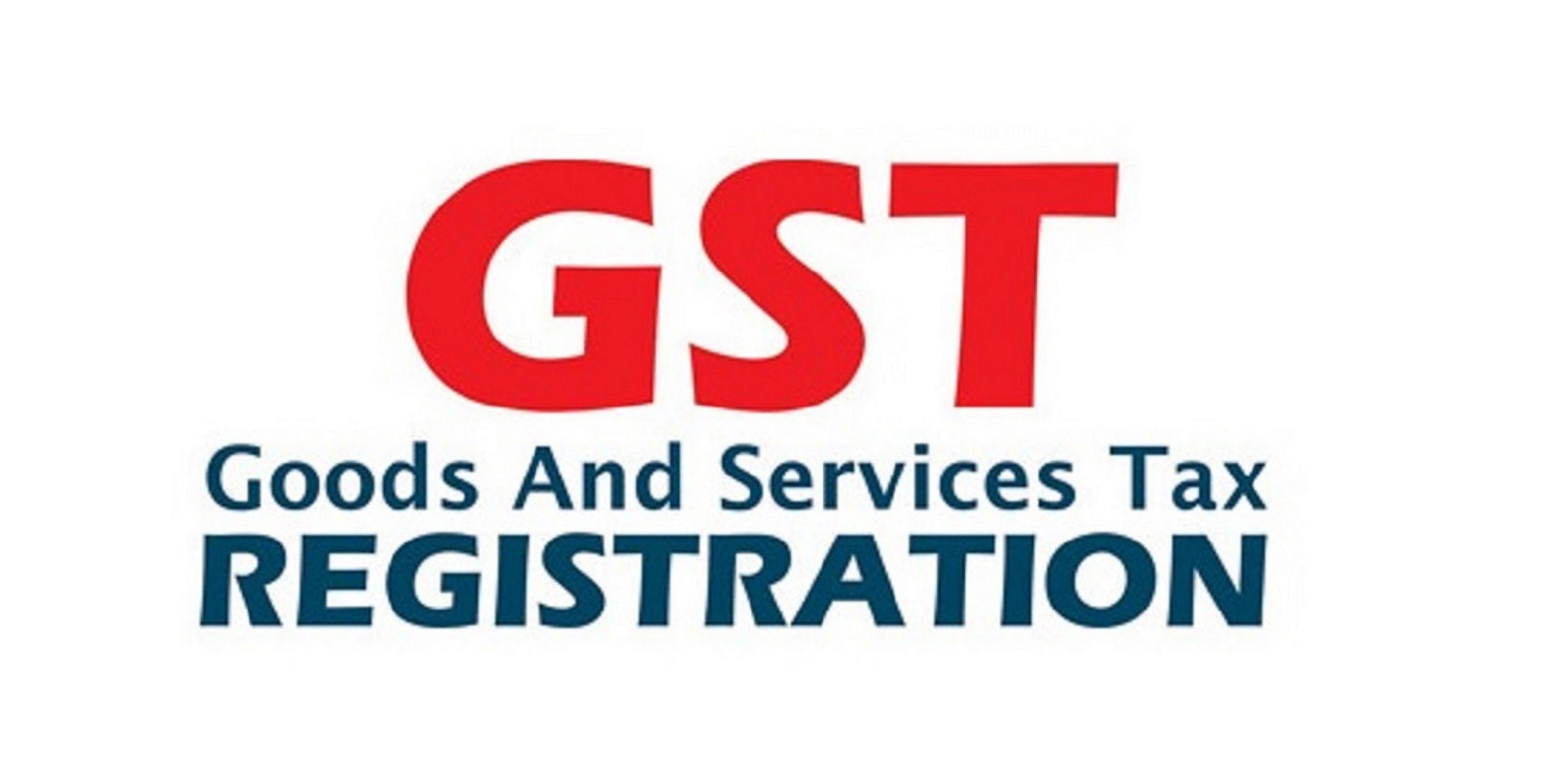Expert Tips for Choosing the Best GST Registration Services in Singapore
Expert Tips for Choosing the Best GST Registration Services in Singapore
Blog Article
Throughout: The Ultimate Roadmap to GST Registration for Businesses Looking For Financial Stability
Navigating the complexities of Goods and Provider Tax (GST) enrollment is an important action for services making every effort for financial security. From comprehending the basic concepts of GST to complying with post-registration standards, the process can appear discouraging initially glimpse. Damaging down the roadmap into workable actions can streamline the enrollment journey for services looking to enhance their financial standing. Let's discover the essential elements that comprise this supreme roadmap and discover how each stage contributes to laying a solid structure for economic success.
Comprehending GST Basics
Digging into the fundamental principles of Goods and Services Tax (GST) is important for getting a comprehensive understanding of its ramifications on organizations and the economic climate. Input Tax Obligation Credit Rating (ITC) is a significant function of GST, allowing services to assert credit rating for taxes paid on inputs, decreasing the overall tax obligation worry. Recognizing the fundamentals of GST is crucial for services to abide with tax regulations, manage their finances successfully, and add to the country's economic development by getting involved in a transparent tax obligation system.
Eligibility Criteria for Enrollment
As of the current regulations, the threshold limitation for GST enrollment is an annual aggregate turnover of 40 lakhs for services running within a state, except for unique category states where the limit is 20 lakhs. Additionally, specific businesses are called for to sign up for GST irrespective of their turnover, such as interstate vendors, informal taxed individuals, and organizations responsible to pay tax under the reverse cost system. It is critical for organizations to completely analyze their turn over and deal kinds to identify their GST enrollment obligations precisely.
Records Needed for Enrollment
Having actually satisfied the eligibility requirements for GST registration, services should currently guarantee they have the requisite documents in location to proceed with the registration procedure successfully. The records required for GST enrollment normally include evidence of company constitution, such as partnership action, enrollment certificate, or unification certification for different types of businesses. In addition, businesses need to provide records developing the primary area of business, such as a rental arrangement or electricity bill.
Step-by-Step Enrollment Refine
Beginning the GST enrollment process entails a collection of structured actions to make certain a seamless and compliant registration for businesses. The very first step is to visit the GST site and submit the registration type with precise information of business entity. Following this, the candidate gets a Momentary Recommendation Number (TRN) which is made use of to return to the application procedure if it's not finished in one go.
Next, all called for files based on the list given by the GST portal demand to be submitted. These documents commonly include evidence of service identity, registration and address evidence of promoters, monetary declarations, and business entity's frying pan card.

Post-Registration Conformity Guidelines

Conclusion
To conclude, companies looking for economic stability must click here to find out more comprehend the basics of GST, satisfy qualification requirements, collect essential papers, follow the step-by-step enrollment procedure, and comply with post-registration guidelines - Best GST registration services in Singapore. By adhering to these steps, companies can guarantee compliance with tax obligation guidelines and keep economic security over time
Additionally, specific services are required to sign up for GST regardless of their turnover, such as interstate suppliers, casual taxed persons, and services accountable to pay tax under the reverse cost system.Having actually met the eligibility standards for GST enrollment, businesses must now guarantee they have the requisite files in place to proceed with the registration process efficiently. The documents required for GST enrollment usually include proof of organization constitution, such as partnership act, registration certificate, or incorporation certification for different types of services. Additionally, services need to offer documents developing the principal location of business, such as a rental visit here agreement or electricity expense.Starting the GST enrollment process involves a collection of organized steps to make certain a seamless and certified enrollment for businesses.
Report this page